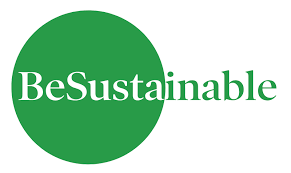To "be sustainable" means to live, act, or operate in a way that meets current needs without compromising the ability of future generations to meet their own needs. It's about creating and maintaining systems that balance environmental, economic, and social well-being. In essence, it's about ensuring long-term viability and well-being for all.
Here's a breakdown of what it means:
Key Aspects of Sustainability:
- Meeting Present Needs:This involves addressing the current demands of society, including economic growth, social progress, and environmental protection.
- Protecting Future Generations:Sustainability aims to preserve resources and the environment so that future generations can also meet their needs.
- Balancing Three Pillars:Sustainability often involves considering the environmental, economic, and social dimensions of issues, ensuring a holistic approach.
- Resource Efficiency:It emphasizes using resources wisely and minimizing waste to reduce environmental impact.

